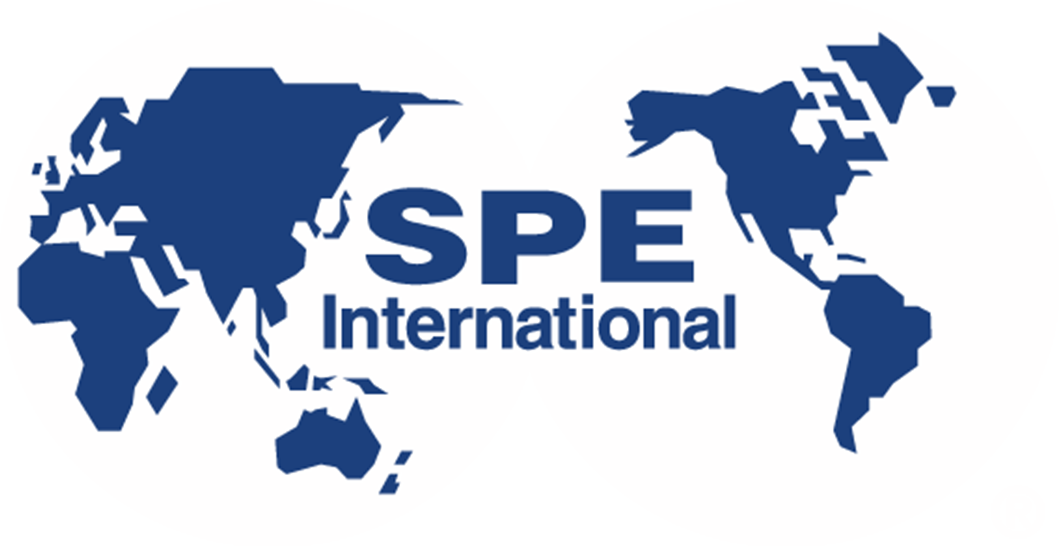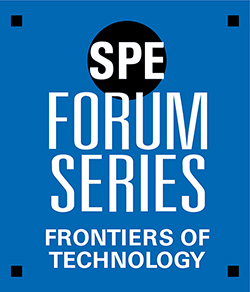Monday, April 22
Chairpersons: Linda Battalora, Colorado School of Mines; David Shackleton, Independent
Forum Liaison: Tuba Firincioglu, Nitec, LLC
Methane emissions management plays an essential role in a decarbonizing economy and is a key component of maintaining trust in our industry’s commitment to lower carbon targets. Addressing this issue may be the single most powerful priority that would permit us to extend the life of hydrocarbons. The regulatory landscape for methane emissions is complex and varied, with many jurisdictions implementing different technologies and regulations.
This Forum will address methane emissions management from end to end to reduce or eliminate methane emissions by the end of the decade. We begin by asking thought-provoking questions about the state of global methane emissions reduction as a prelude to discovering how we will solve these complex challenges.
| Discussion Leaders |
|---|
|
Al Duerr, Carbon Connect International |
| Faye Gerard, International Association of Oil and Gas Producers (IOGP) |
| Drew Pomerantz, SLB |
Many regions have regulations that have become increasingly more stringent and specific to methane, and other jurisdictions are at the varying stages of regulatory development. This session will discuss the evolving regulations in regulatory-mature jurisdictions and best practices for driving behaviors in new regulatory environments, with discussion focused on future considerations for the following:
- Performance based regulatory frameworks
- Designing regulations that unlock technology capabilities to reduce emissions and avoiding unintentional consequences
- Translating regulatory best practices for national oil company jurisdictions
| Discussion Leaders |
|---|
| Nicole Downey, Aeroscape |
| Jennifer Winter, University of Calgary |
| Angela Zivkovich, Oxy |
Tuesday, April 23
Accurate measurements of methane emissions are key to measure progress towards decreasing the intensity of oil and gas supply chains. However, accurate measurements are not a trivial endeavor.
This session will discuss the problems that arise with measuring methane emissions, which might include, but are not limited to:
- temporal variability of emissions
- spatial scale of the measurement technologies (source, equipment, site, region)
- limitations on the algorithms to localize and quantify emissions
- getting different results when sampling with different technologies
- interpolating snapshot measurements to a longer time interval
- understanding how deal with uncertainty in the estimate, and hard to measure sources (offshore, very intermittent sources, pipelines, diffuse sources).
| Discussion Leaders |
|---|
|
Meghan Cornwall, ChampionX |
| Thomas Fox, Highwood Emissions Management |
| Dan Zimmerle, Colorado State University |
Voluntary non-governmental reporting often complements command-and-control regulations. It offers some flexibility, at times, with cost saving benefits. This aligns with companies’ internal operation requirements for corporate sustainability reporting, external visibility for investors and for benchmarking industry standards.
This session addresses voluntary reporting initiatives as a normative pressure, which may promote environmental improvements in methane reporting. A potpourri of voluntary reporting protocols exists including the GRI standards 305, OGMP 2.0 framework, UNFCCC reporting framework, and OGCI-MGP.
Industry leaders will discuss current successes and challenges around these protocols whilst looking at better approaches with emerging technologies to enhance stewardship and accountability - a key to an enduring sustainability practice.
This session will cover the diversity of the data we capture, the many ways we have to report, the many audiences we have to report to and the challenges the industry faces in trying to tell an accurate and meaningful story with methane emissions data.
A question to discuss will be, "Could there be a universal approach to voluntary non-regulatory reporting of methane emissions?"
| Discussion Leaders |
|---|
|
Rakan Bilaus, Saudi Aramco |
| Elozino Olaniyan, Shell |
| Brian Taylor, Project Canary |
Wednesday, April 24
The most effective approach to methane emissions management is captured in the phrase "keep the molecules in the pipe." The topic of abatement deals with just that.
This session will cover abatement solutions with engineering designs and operational control/practices for existing and future facilities.
| Discussion Leaders |
|---|
| Jason Pitcher, Kairos Resources Inc. |
|
Drew Pomerantz, SLB |
| Malou Thiebaut de Kergret, Schneider Electric |
This session aims to encourage outside-the-box thinking as we explore key areas for innovation, focusing on eliminating methane emissions and establishing sustainable methane capture methods.
| Discussion Leaders |
|---|
|
Stewart Brazil, Baker Hughes |
| Willow Liu, MEDENG |
| Audrey Mascarenhas, Questor Technology Inc. |
Thursday, April 25
The final session of the Forum aims to create a legacy for the participants of the event, to be inspired, recharged, and bring back key takeaways from the Forum into their respective organisation, for methane reduction actions in the years to come. The session will start by summarising the main takeaways and lessons learned including the aha moments from the previous days. A discussion on next steps for the industry to reach near zero methane emissions, what is a pragmatic short-term agenda to eliminate methane emissions by 2030, where is there consensus and where are the challenges perceived in the room. The session will conclude with recommendations from the participants on next steps, roles of stakeholders and practical actions to catalyse methane emissions mitigation.
| Discussion Leaders |
|---|
|
Felipe Cardoso-Saldaña, ExxonMobil |
| Amaia O'Reilly, Energy Institute |
| Sue Staley, vPSI Group, LLC |

